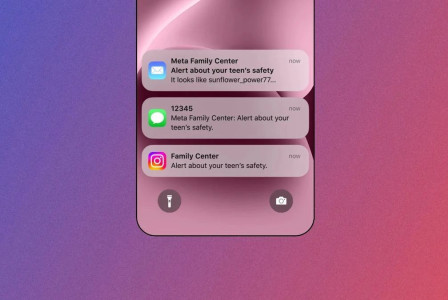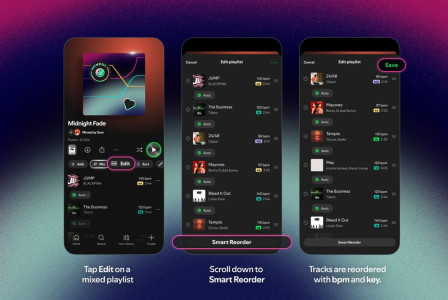SEARCH
WhatsApp to introduce usernames instead of phone numbers

SHARE IT
WhatsApp is currently trialing an innovative new feature that allows users to create their own AI chatbot assistants directly within the app, according to reports from WABetaInfo. This experimental tool, dubbed “AI Studio,” is being gradually rolled out to a select group of beta testers and represents WhatsApp’s most significant step yet into the growing space of personalized AI experiences.
Similar in concept to OpenAI’s custom GPTs or the Gems introduced by Google Gemini, the new AI Studio lets users design a chatbot tailored to their specific needs and preferences. From choosing the assistant’s role and tone of voice to defining its area of expertise and personality traits, the process is highly customizable while remaining user-friendly—even for those with no technical experience.
The setup process takes place entirely within the AI Studio section of the app. Users are guided through a series of prompts to build their assistant, starting with selecting a functional role. Options can include anything from a study guide or travel companion to a motivational coach or professional advisor. Next, users select the assistant’s tone and communication style—whether calm and reflective, upbeat and humorous, or formal and informative. Based on these selections, WhatsApp offers intelligent suggestions to help shape the chatbot’s behavior, ensuring the final result feels personalized and engaging.
This approach lowers the barrier to entry for AI customization and reflects a broader trend among major tech companies to empower users with creative tools rooted in artificial intelligence. WhatsApp’s parent company Meta already provides a web-based version of AI Studio for developing custom bots across other platforms in its ecosystem, including Instagram and Messenger. The in-app version for WhatsApp appears to bring this functionality directly to mobile messaging, streamlining the process for casual users and small-scale creators alike.
At this stage, there is no confirmed release date for a full public rollout. However, the feature's presence in beta signals that Meta is actively testing its feasibility and collecting user feedback before making a broader deployment decision.
In parallel to AI Studio, WhatsApp is also working on another long-requested update: the introduction of usernames. This feature, which is likewise in the testing phase, would allow users to generate unique handles for their accounts. By using usernames instead of phone numbers to initiate chats, the app could significantly enhance privacy and security—a key concern for many users in today’s digital landscape.
The move to usernames would align WhatsApp more closely with platforms like Telegram, where anonymity and minimal disclosure are often emphasized. Although it remains unclear when usernames will be officially launched, their development indicates a strong focus on user privacy and flexible connectivity options.
Together, these features suggest that WhatsApp is positioning itself as more than just a messaging app. With personalized AI assistants and privacy-enhancing tools on the horizon, the platform is evolving to meet new user expectations in the age of artificial intelligence and digital autonomy. Whether for productivity, support, or simply more interactive communication, WhatsApp’s upcoming features could redefine how users interact with both technology and each other.
As Meta continues to invest in AI and messaging innovations, the boundaries between apps, assistants, and platforms are steadily blurring—making everyday tools smarter, more intuitive, and increasingly personal.
MORE NEWS FOR YOU

 Help & Support
Help & Support 

